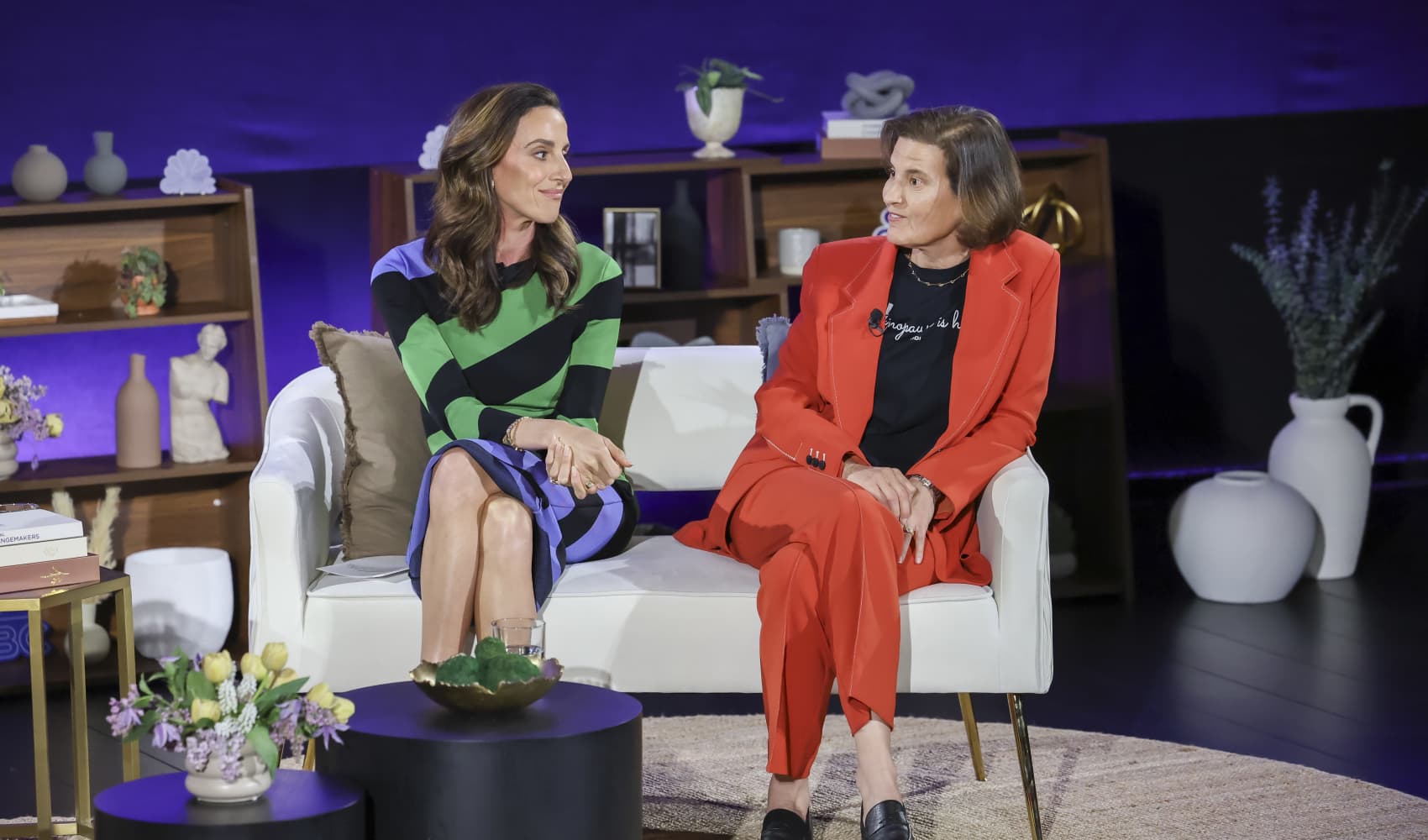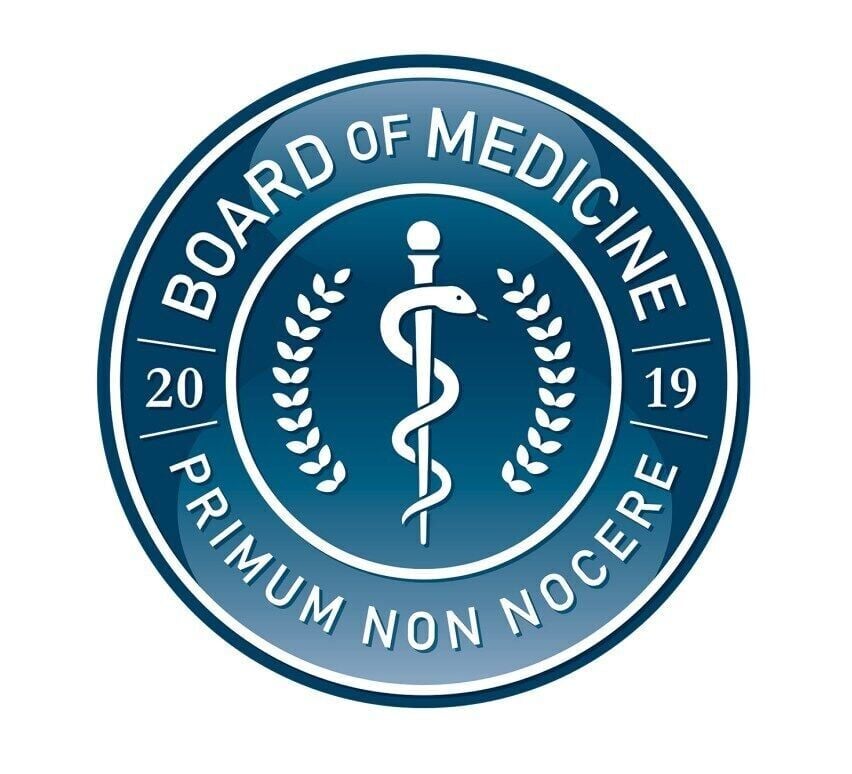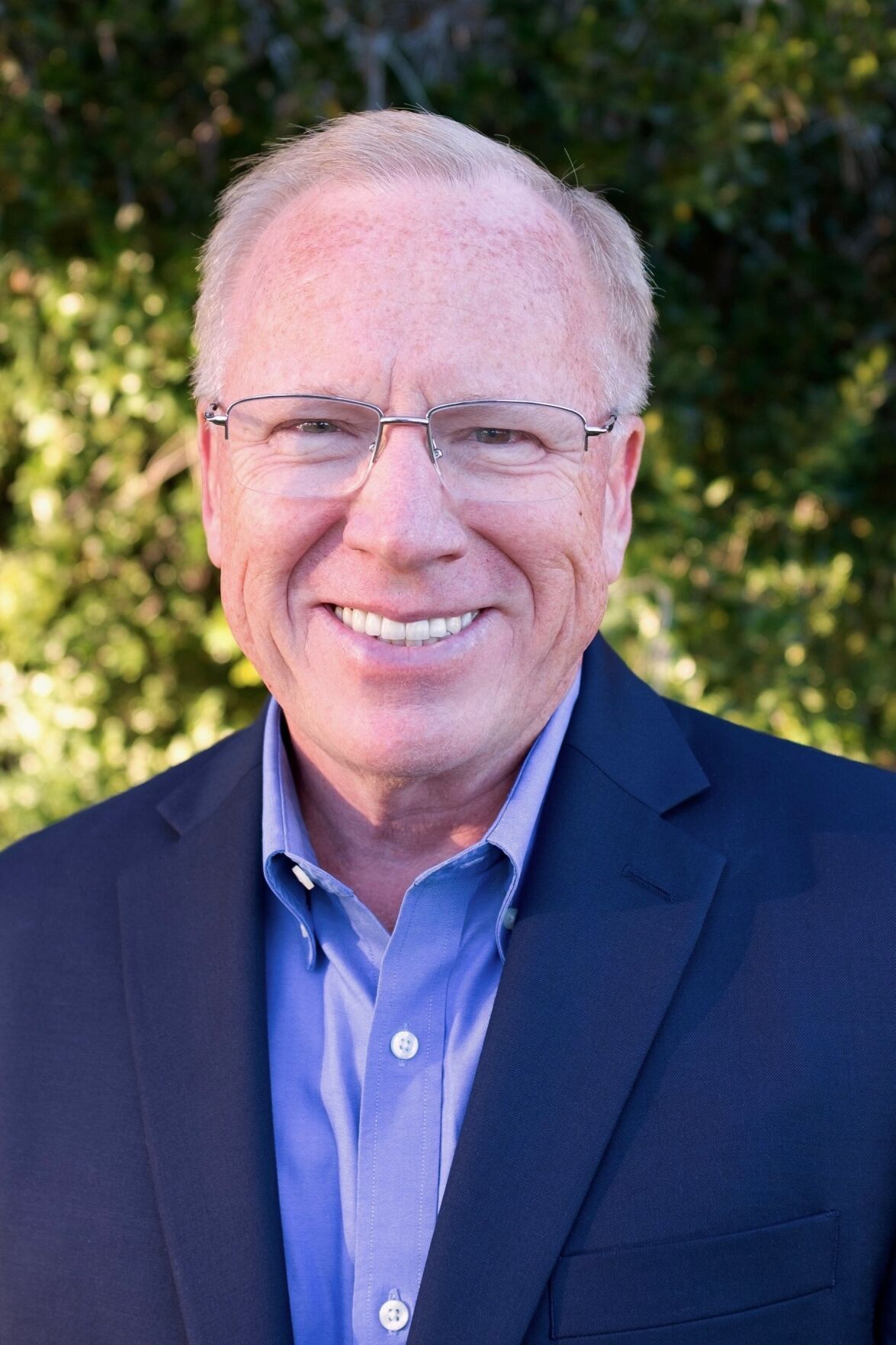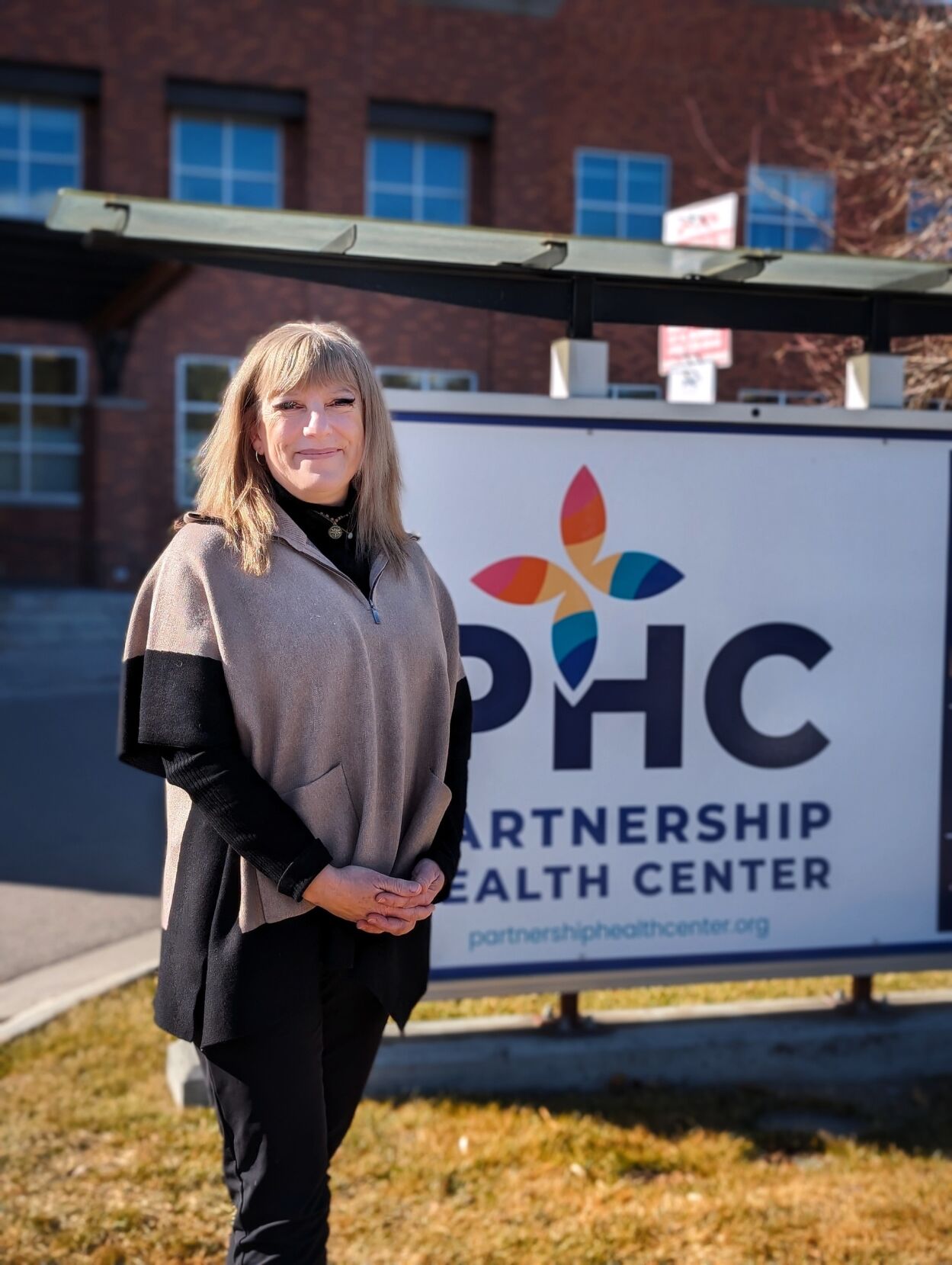For too long, women have been expected to silently endure health challenges like menopause and postpartum issues. Now, CEOs Joanna Strober and Chelsea Hirschhorn are leading a revolution in women’s health care, transforming suffering into empowerment and reshaping the industry.
The outdated health idea that’s holding women back in life and careers

Key Takeaways:
- Women have been expected to “just deal with” health challenges, leading to unnecessary suffering.
- CEOs Joanna Strober of Midi Health and Chelsea Hirschhorn of Frida are transforming women’s health care.
- The women’s health market is projected to grow to $60 billion by 2027, yet remains underfunded.
- Censorship and lack of education on women’s health topics hinder awareness and support.
- Proper treatment and advocacy can positively impact women’s careers and lives.
For decades, women have been expected to quietly endure the challenges of menopause, motherhood, and other health issues. But a new generation of female CEOs is breaking that silence and transforming the landscape of women’s health care. Joanna Strober of Midi Health and Chelsea Hirschhorn of Frida are at the forefront of this movement, advocating for change and demonstrating that investing in women’s wellness is not just necessary—it’s also good business.
Women Have Been Trained to Suffer
“It’s a weird thing… and that’s just really unhealthy, and we have to change that,” says Joanna Strober, founder and CEO of Midi Health. Strober reflects on how society has long expected women to “just deal with it” when facing health challenges like menopause. This expectation has led to unnecessary suffering and a lack of proper care.
Advocating for Change in Women’s Health
Chelsea Hirschhorn, founder and CEO of Frida, was “totally disillusioned” by the gap between the marketed image of new parenthood and her own experience. “There was a big dichotomy between the content I was consuming and the front-line experience at 3 a.m.,” she recalls. This disconnect drove her to create Frida, addressing real needs in maternal health and beyond.
Combatting Censorship and Lack of Education
Hirschhorn highlights that “sixty percent of women’s health ads content, or content in general, has been in some way, shape or form, rejected or filtered.” This censorship extends from online platforms to traditional media, hindering access to authentic storytelling and education on reproductive health. “Women have to advocate for themselves,” she emphasizes.
Impact on Women’s Careers
The lack of proper menopause treatment doesn’t just affect women’s health—it also impacts their careers. Strober notes that women often step back from their jobs or avoid promotions due to untreated symptoms like hot flashes and brain fog. “If you believe that you have something that can’t be fixed, it’s very embarrassing, and that means people step back from what they are doing,” she explains.
A Promising Business Opportunity
Despite the challenges, the women’s health market is poised for significant growth. “It is estimated to grow to $60 billion by 2027,” says Hirschhorn, “and that is despite the fact that less than 4% of health-care R&D spending and investment goes to the category.” Both Strober and Hirschhorn argue that addressing women’s health is not just about social good—it’s a smart business move.
Creating Community and Growth
By focusing on real needs, companies like Frida have experienced rapid growth fueled by what Hirschhorn calls “word of mom.” She explains, “These women aren’t just buying their products; they are selling them to their communities and friends. It’s a really big untapped opportunity.”
Challenging the ‘Bros’ in Longevity Health
Strober sees a new frontier in connecting menopause health to longevity. “We have been thinking a lot about this longevity market,” she says. “It’s all bros, all the bros who are out there and talking about wanting to live to 150. We just want to take care of ourselves. We don’t care about living to 150. We just want to be healthy grandmas.”
Looking Ahead
With their companies experiencing unprecedented growth—”We are the fastest-growing digital health company, probably ever, quite honestly,” Strober remarks about Midi Health—the two CEOs are optimistic about the future. They believe that by addressing outdated health ideas and advocating for women’s wellness, they can create lasting change.











